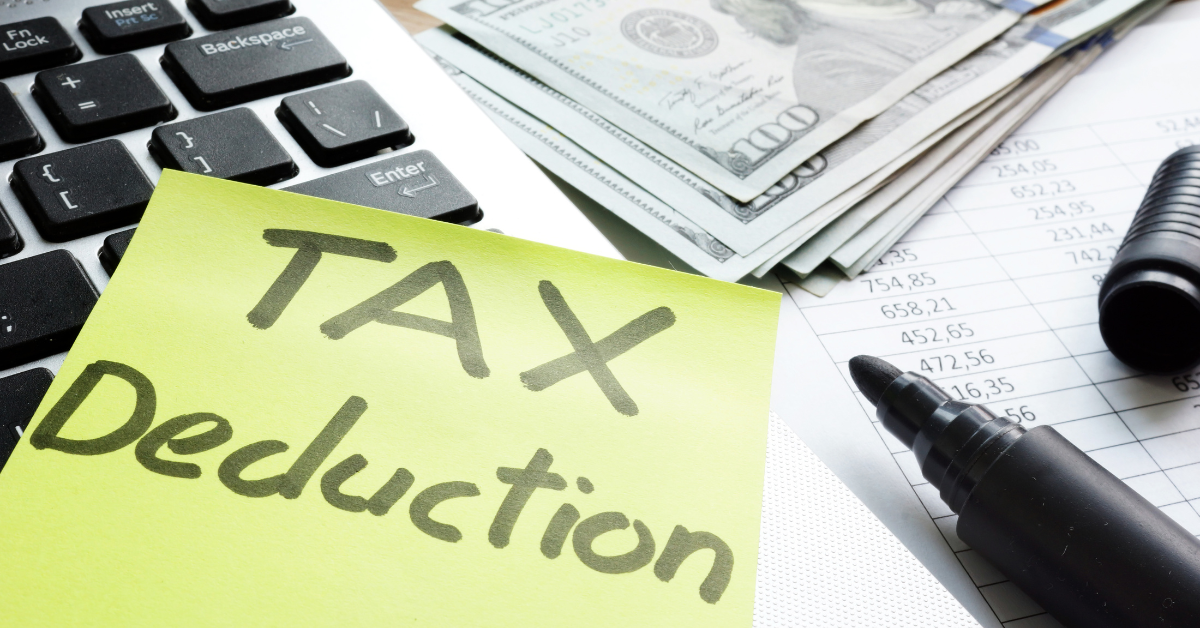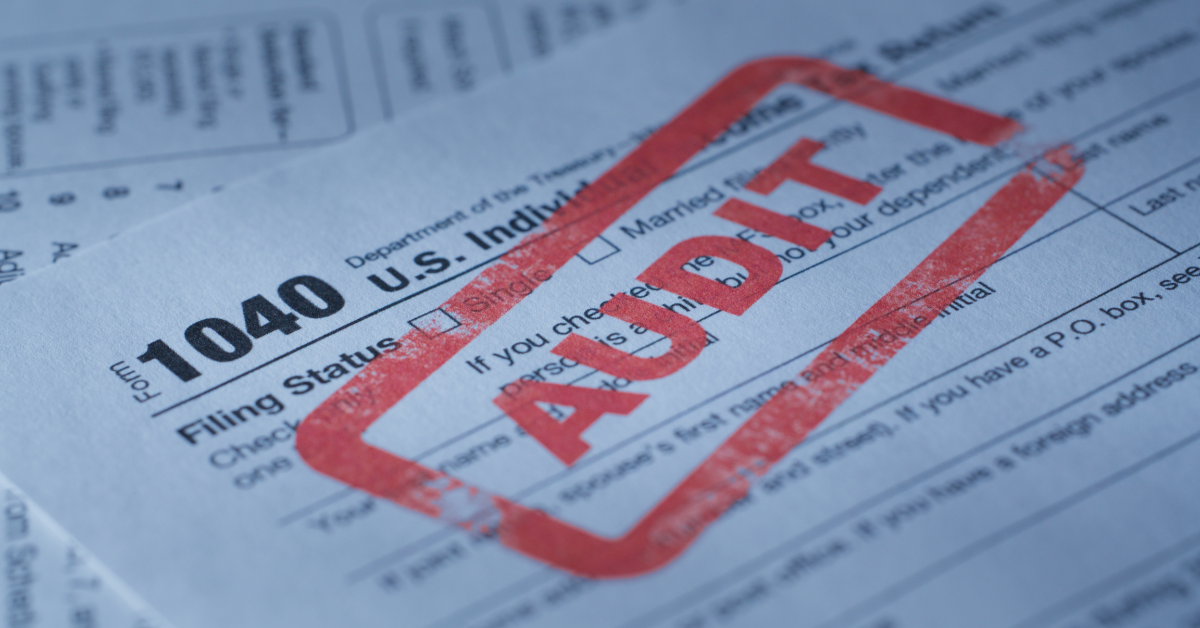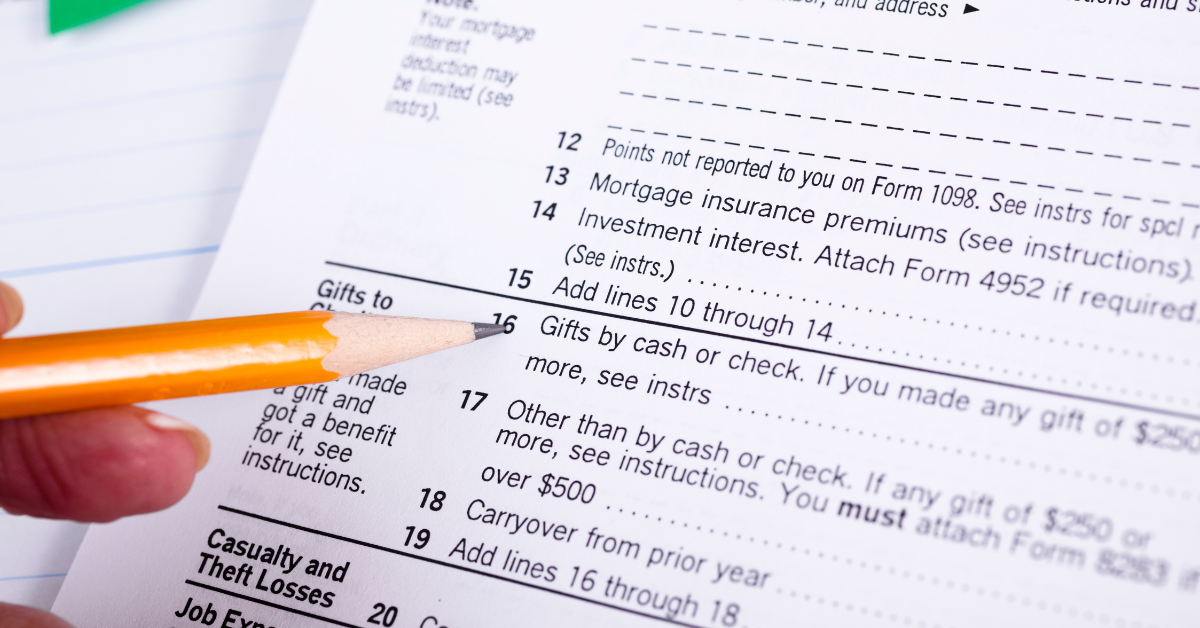When it comes to the tasks you absolutely must do to run a successful and profitable small business, the list is long.
Outsourcing accounting can be a smart, cost-effective move – but it’s normal to have a few concerns. For many small business owners, the idea of handing over their finances to someone else comes with a lot of questions: Will my financial data be secure? Can I trust someone outside my inner circle to care about my reputation and future? Will I lose control?
You can turn those worries into confidence when you choose a trusted partner like Neely’s when you need outsourced accounting services.
- Keep control: With Neely’s cutting-edge and secure online platform, you keep real-time access to your financial data.
- Security is never an afterthought: Keeping your data secure is foundational to everything we do.
- We communicate: You can collaborate with us whenever you need us, in person, over the phone or through our online platform.
- Only use the services you need: You bundle the services you need for a fixed monthly rate.
- We put in the training time: Our top-notch accountants stay up to date on local, state, and federal regulations so we can be proactive in keeping your business compliant.
The Benefits of Outsourced Accounting
When you partner with a Roanoke accountant that you trust, you get peace of mind as well as a whole host of other benefits.
- Cost efficiency: Outsourcing eliminates the significant expenses associated with hiring, training, providing benefits, and managing in-house accounting staff, software and security systems. Neely’s prides itself on efficient and expert accounting services at a fair price without hidden costs.
- Access to expertise: Neely’s team has years of accounting experience as well as specialized business knowledge. We can do everything from prepare monthly financial statements and budget reports to advising on tax planning and general business consulting – and we’ll help you focus on the bigger picture of your overall financial health.
- Increased ability to focus on core business functions: You know that billing, payroll, taxes, monthly reports and all the other accounting tasks takes time. With Neely’s at your side, you can use that time to focus on building your business and your profits.
- Easy to scale: As your business grows, your accounting needs can change. Neely’s makes it easy to add or change services as you need them.
- Risk reduction and greater security: With Neely’s outsourced accounting solutions, you get better oversight of your finances and accountability – that means protection from everything from silly errors to fraud.
Put Neely’s to Work for Your Business
Our team delivers big-city services with the warmth of a hometown connection. Let us take the burden of day-to-day accounting off your shoulders, so you can focus on growing your business. Contact Neely’s today to begin enjoying the benefits of outsourced accounting for your business.









